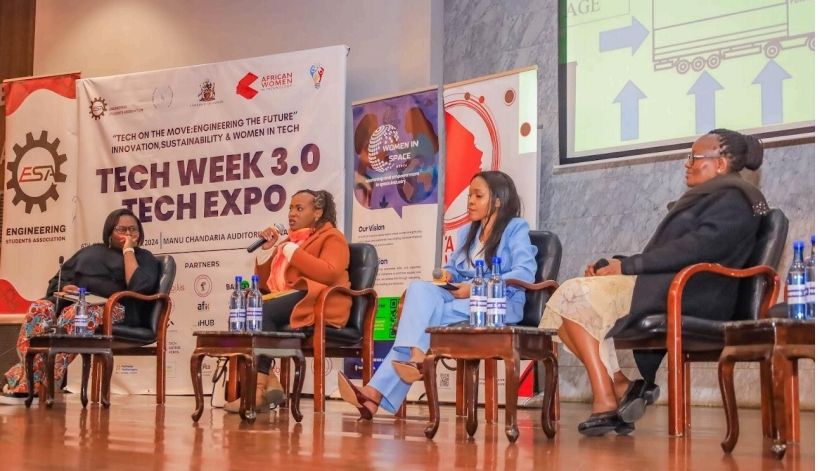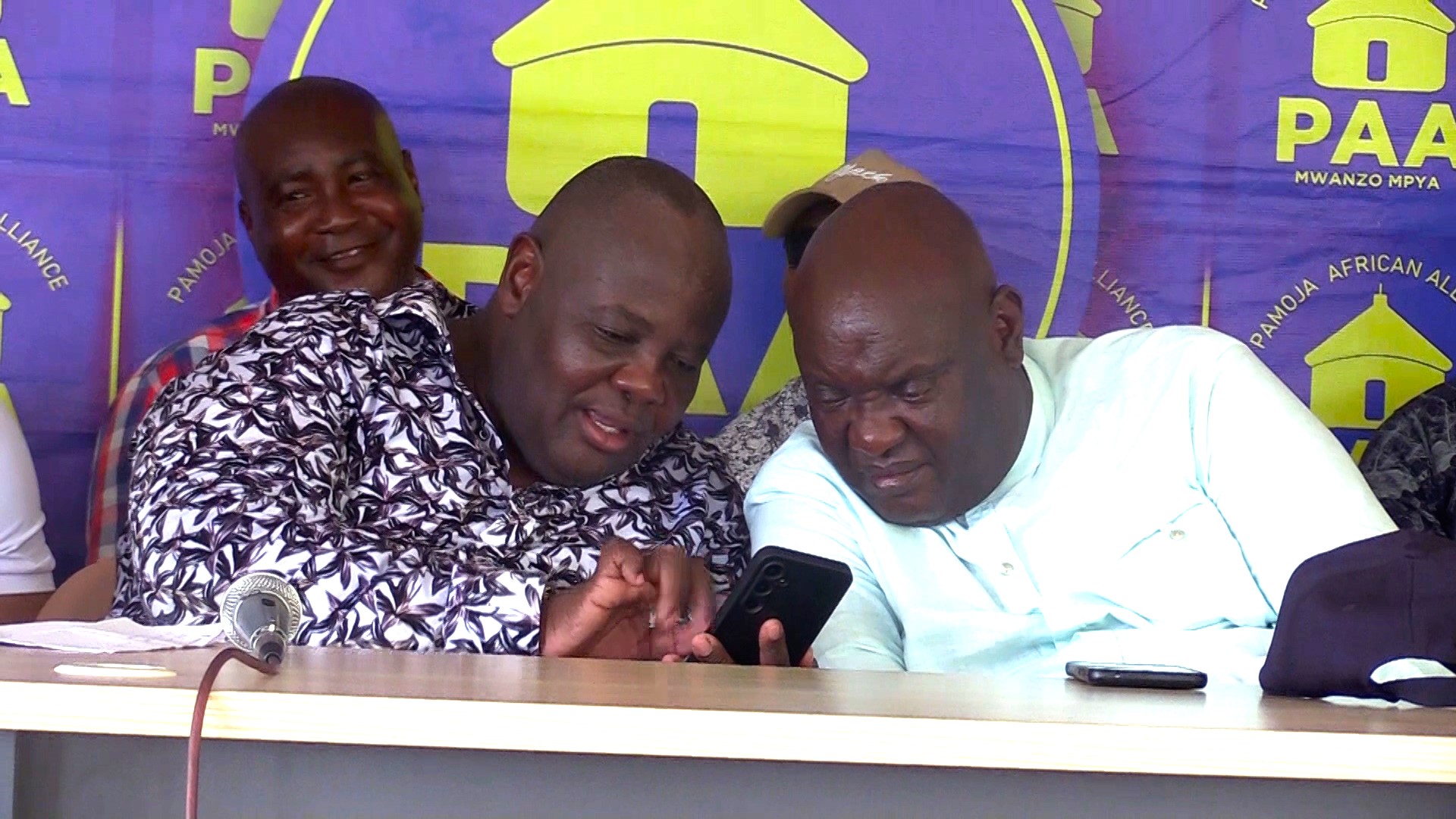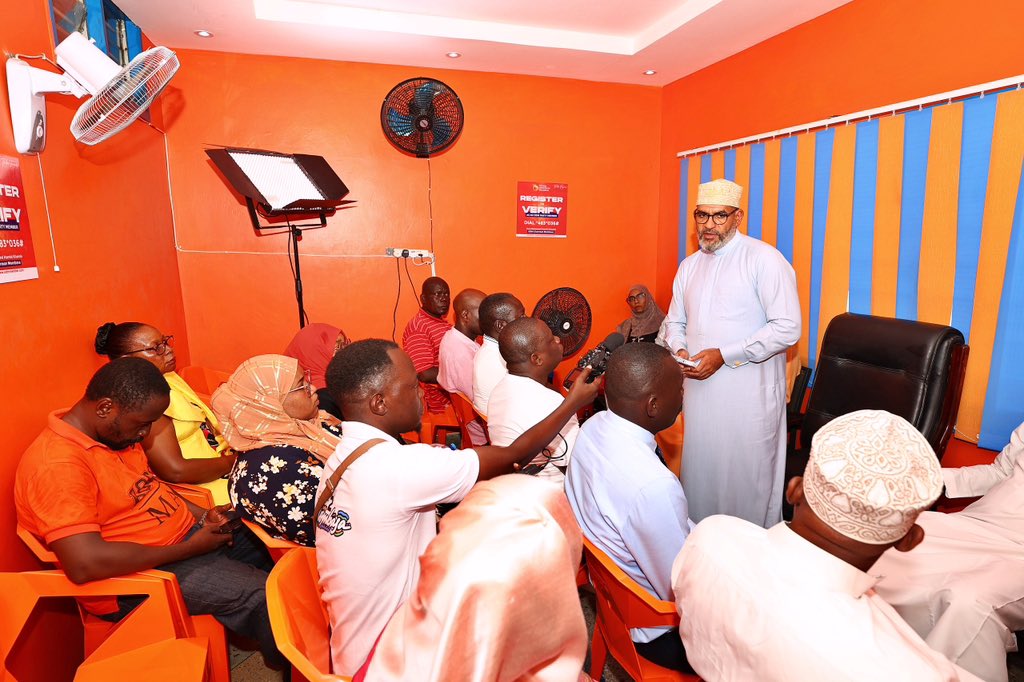Ex-Nigerian President Calls on Ruto-Raila to Maintain peace and accept poll results.
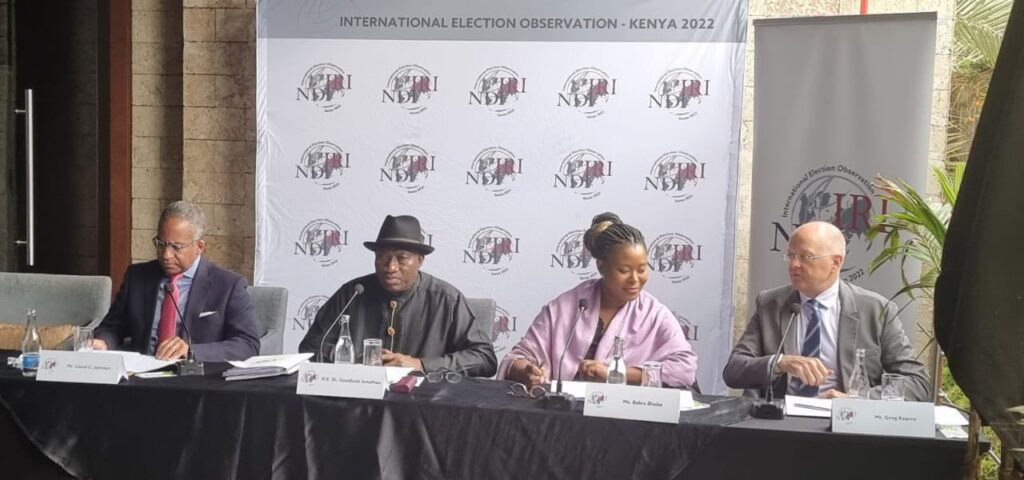
Former Nigerian President Jonathan Good luck Has called on Azimio la Umoja Presidential Candidate and His counterpart From Kenya Kwanza Dr. William Ruto Maintain peace during and after the August 9 Elections.
Jonathan Goodluck who is a delegation of two American election observes International Republican Institute (IRI) and the National Democratic Institute (NDI) Expressed that he was hopeful that Kenya will conduct a free and fair elections that will lead to peace.
The delegation which was sent by the African Union on June 27 2022 has met and is continuing to meet key election stakeholders including Presidential aspirants, civil society, the private sector, media and the Independent Electoral and Boundaries Commission.

“Following an invitation from the Government of the Republic of Kenya to the African Union to observe the forthcoming General Elections scheduled for 9 August 2022, the African Union Commission is deploying an international election expert mission to Kenya comprising eight (8) core teams experts” stated AU in a statement on 28 June.
Example Ad #2 (only visible for logged-in visitors)
Former Nigerian President Goodluck Jonathan, who is leading the delegation said Ruto, who is running for the presidency on the Kenya Kwanza-affiliated United Democratic Alliance (UDA)ticket and Azimio’s Raila promised the international observers that they would accept the election outcome and will keep peace and harmony.
“Even though we don’t have magical powers to read their mind, but from what they told us, they are willing to first and foremost tell the people of Kenya that they will accept the results and they will make sure there will be no violence,” said Jonathan. “They also agreed that well, if they lose the election, they will accept the results. That is what they told us verbally,” he added.
However, the observers have cast doubt on the electoral agency’s preparedness for the transmission of election results saying there is lack of proactive communication and expectation setting regarding the timing and details of the results process.
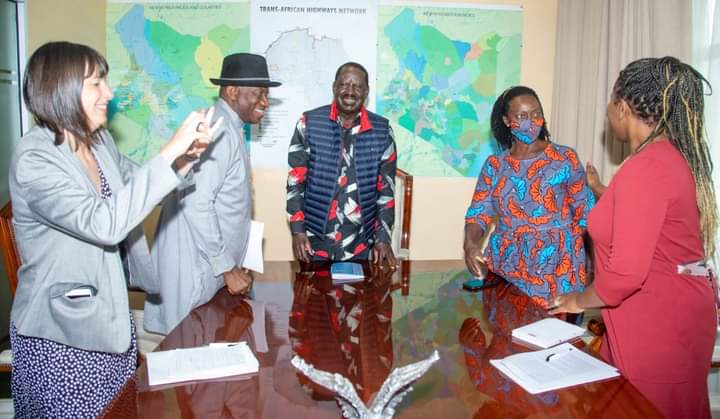
The International Republican Institute and National Democratic Institute say there is need for additional simulations that could help identify potential pitfalls and improve troubleshooting, especially for polling stations that lack sufficient cellular coverage.
“Concerns that the slow transfer of the data for protocols may create a protracted results tabulation and finalisation process that could contribute to tensions and misunderstandings,” they said in a statement read by Barbara Bhebe.
“Concerns that the polling station level final results for the presidential election will not be publicly available in any other format beyond the scanned images of the Form 34 A, which is a step back from 2017,” the statement reads, adding that it is a counter to open data, best practices regarding the voter register.
The observers also regretted election-related disinformation, hate speech online violence against women on social media platforms as well as security authorities’ preparedness to deal with issues of misleading or false claims being made about the counting the transmission of finalisation of the election results.
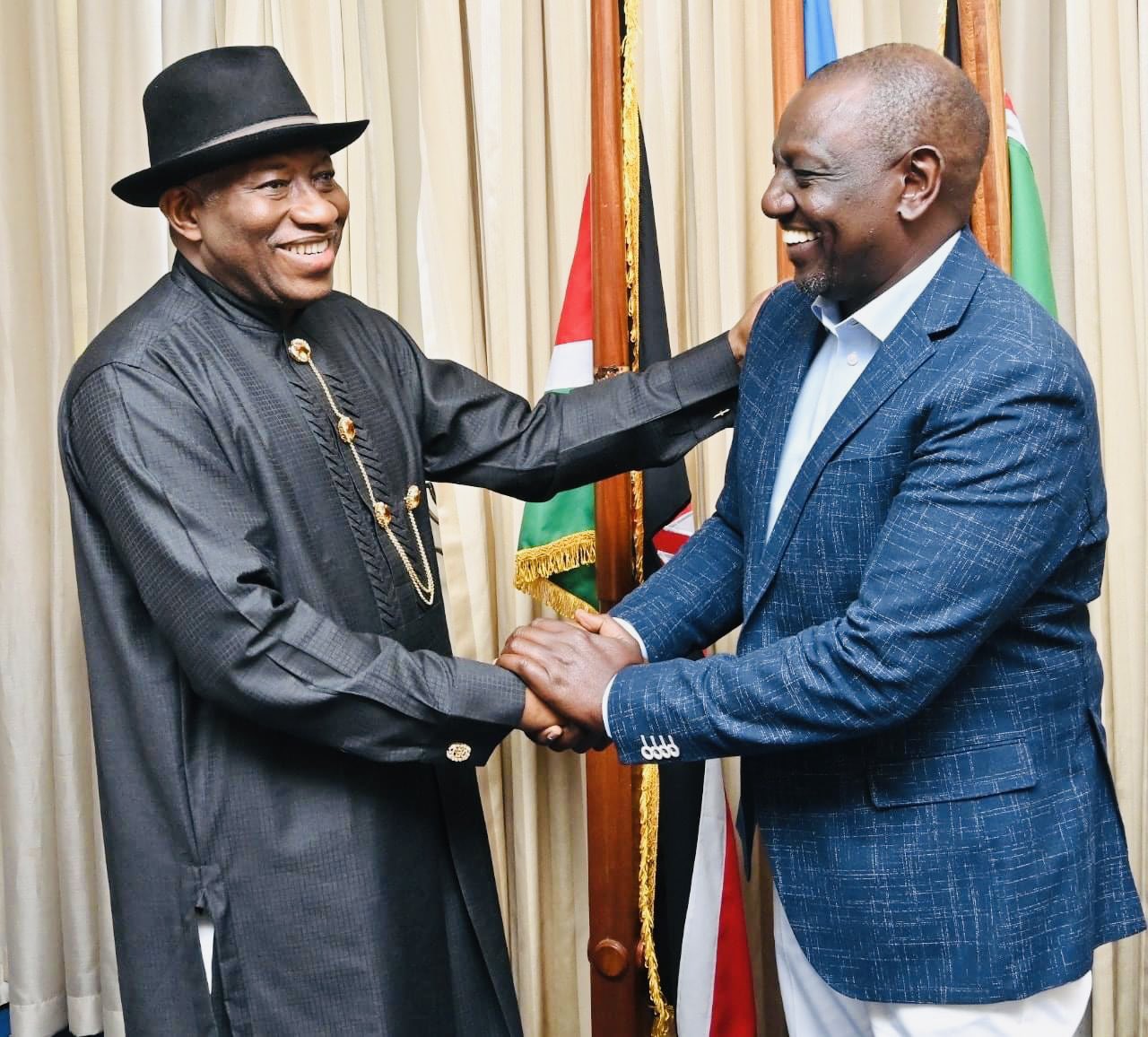
“Interlocutors noted that several women candidates have been harassed online and have suffered from verbal abuse and other acts of psychological violence,” said Bhebe.
Apathy among the young people that make up a disproportionate bulk of the electorate, but remain underrepresented in the forces’ role and political processes, election observers noted has not been keenly addressed.
“What education tactics have overlooked the main avenues where young people receive and share information is social media platforms,” he said.
And then concerning both education and citizen observation, they reckoned that many interlocutors have not delayed the start of voter education activities.

“The stakes for the upcoming elections are high. The country’s history of contested elections is in tandem with intensifying campaigns and the public. Lack of confidence in institutions may predispose candidates to challenge the results,” they said.
They held that it is paramount that political context contestants act in good faith and for election processes to be well understood transparent and verifiable.

